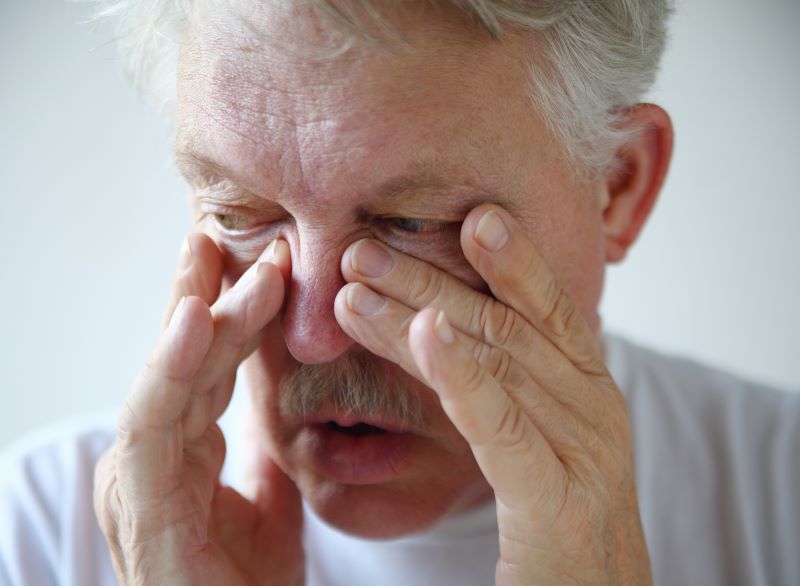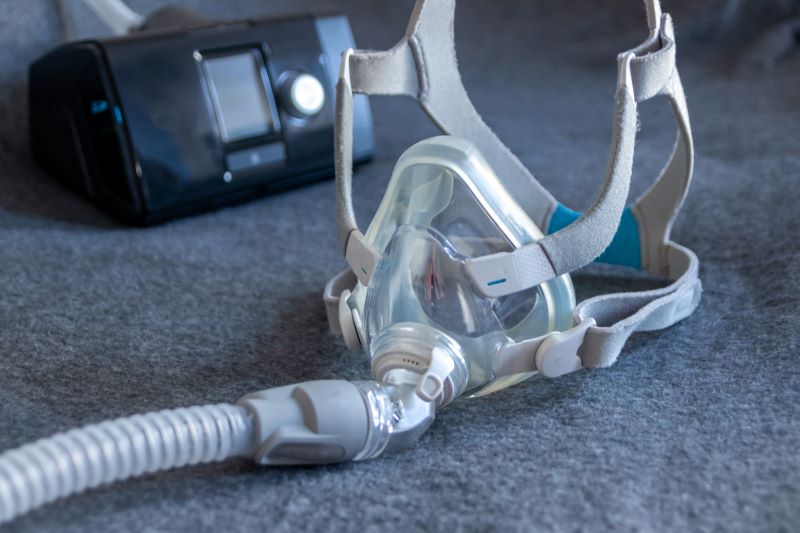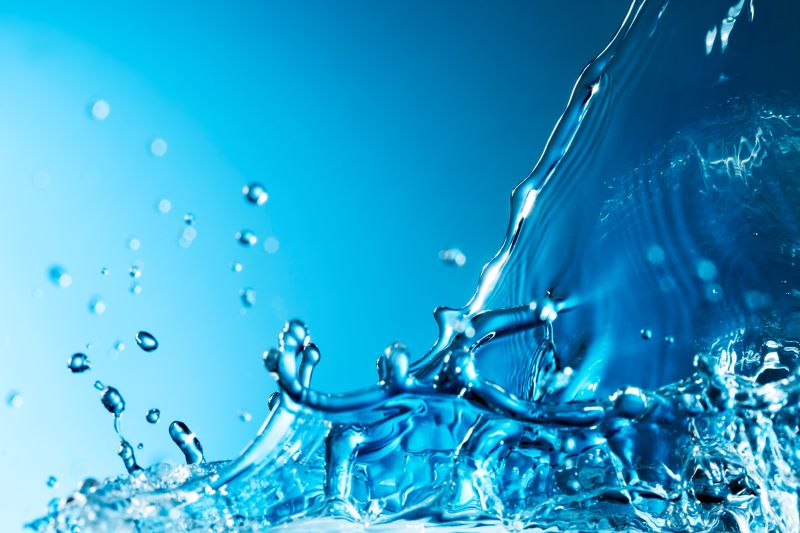Sleep apnea is a common sleep disorder affecting millions worldwide. Continuous Positive Airway Pressure (CPAP) therapy is often prescribed to manage sleep apnea and ensure restful sleep. However, individuals with nasal congestion may find it challenging to use a CPAP machine effectively. This article will provide helpful tips for using a CPAP for sleep apnea when dealing with nasal congestion, allowing individuals to sleep comfortably through the night.
Tips to Sleep Comfortably Through the Night
Keep Nasal Passages Clear: Clearing nasal congestion is crucial before using a CPAP machine. Here are a few methods to alleviate congestion:
- Saline Nasal Rinse: Use a saline nasal rinse or irrigation kit to flush out excess mucus and relieve nasal congestion. This rinse can be done before bedtime to ensure clear nasal passages.
- Nasal Decongestants: Over-the-counter nasal decongestant sprays or drops can temporarily relieve nasal congestion. However, following the instructions and avoiding prolonged use is vital to prevent rebound congestion.
- Steam Inhalation: Inhaling steam from a bowl of hot water or taking a warm shower before bedtime can help moisten and open the nasal passages, reducing congestion.
Opt for a Full-Face Mask: Individuals with nasal congestion may find using a full-face mask more comfortable than a nasal mask. A full-face mask covers the nose and mouth, allowing the individual to breathe through either or both. This ensures effective therapy even if nasal congestion limits breathing through the nose.
Adjust CPAP Pressure: Consult with a sleep specialist or respiratory therapist to adjust the CPAP machine pressure settings if you are experiencing nasal congestion. Lowering the pressure may help alleviate discomfort caused by congestion while still providing effective therapy.
Use a Heated Humidifier: A CPAP machine with a heated humidifier can benefit individuals with nasal congestion. The warm, moist air generated by the humidifier helps to soothe and moisturize the nasal passages, reducing congestion and dryness. Ensure the humidifier is adequately cleaned and filled with distilled water per the manufacturer’s instructions.
Nasal Dilators or Strips: Nasal dilators or nasal strips can help improve nasal airflow by opening the nasal passages. These devices are placed externally and can be particularly useful for individuals with structural nasal abnormalities or chronic nasal congestion. They can be combined with a CPAP machine to enhance comfort and optimize therapy.
Regular CPAP Maintenance: Ensure proper maintenance of your CPAP machine and equipment to minimize the risk of worsening nasal congestion. Clean the mask, tubing, and humidifier according to the manufacturer’s guidelines. Regularly replace filters, cushions, and other disposable components as recommended.
Nasal congestion can pose challenges when using a CPAP for sleep apnea therapy. However, with the proper techniques and adjustments, individuals can sleep comfortably through the night and reap the benefits of CPAP therapy. Clearing nasal passages, using a full-face mask, adjusting CPAP pressure, utilizing a heated humidifier, trying nasal dilators or strips, and maintaining the CPAP equipment are all effective strategies to alleviate discomfort and optimize therapy. It is essential to consult with a healthcare professional for personalized advice and guidance in managing nasal congestion while using a CPAP machine.
Parkway Sleep Center
Are you experiencing sleep problems? Parkway Sleep Center can help. After a thorough evaluation, we can recommend a treatment plan, including CPAP for sleep apnea. Our expert team will assist with selecting a CPAP machine and mask that suits you and answer any of your questions on its use and maintenance. Contact us today at 919-439-3463 and schedule an appointment.






